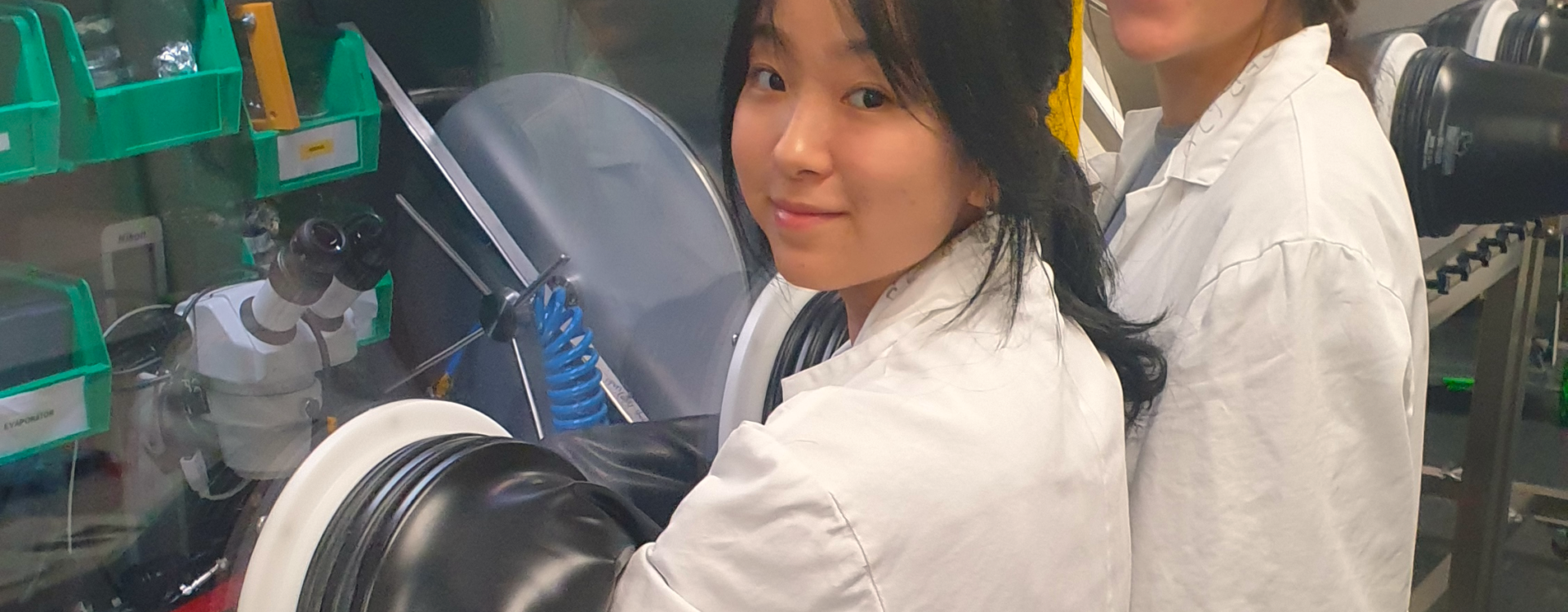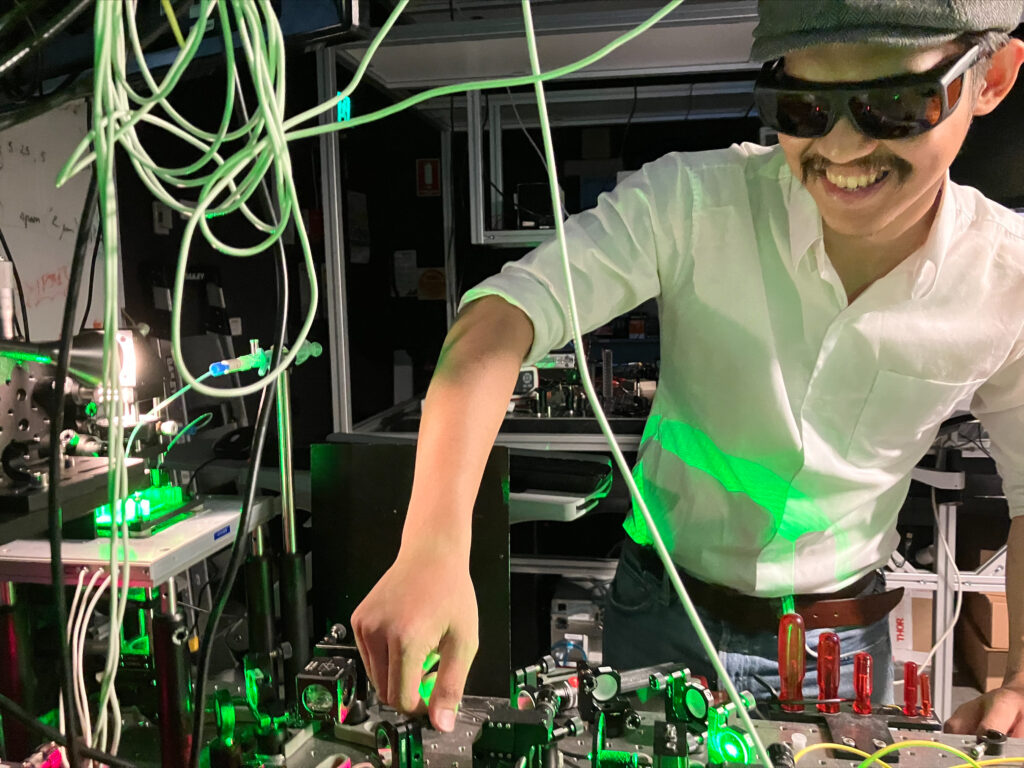Hear from scholarship recipient Jacinta May
“The ability to go to a different lab, take on research questions that are very different, experience a new environment and culture – I just loved it. It got me outside of my little bubble and allowed me to apply my skill set to new questions.”

Read more of the post Hear from scholarship recipient Jacinta Mayl






